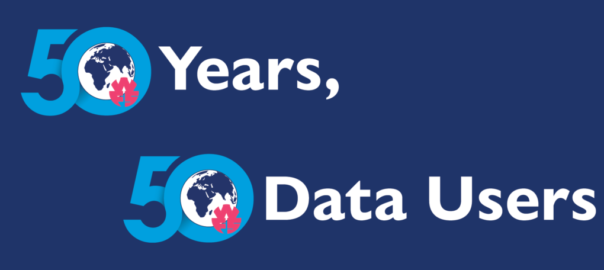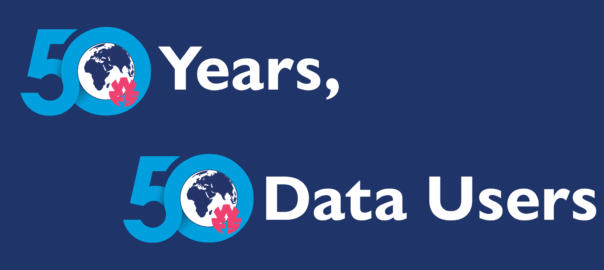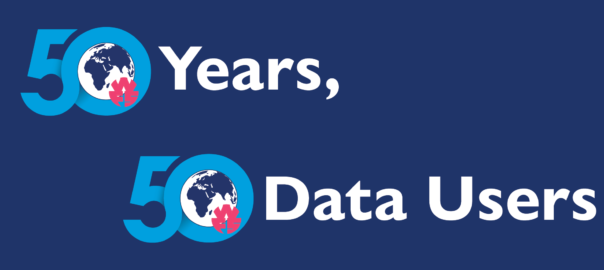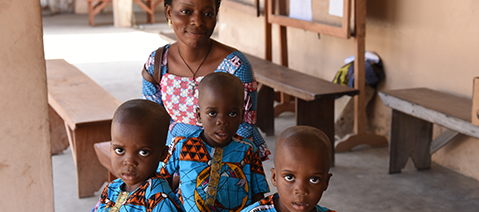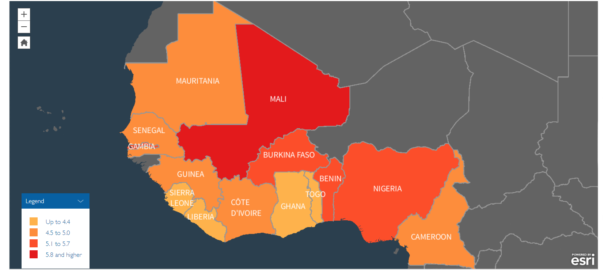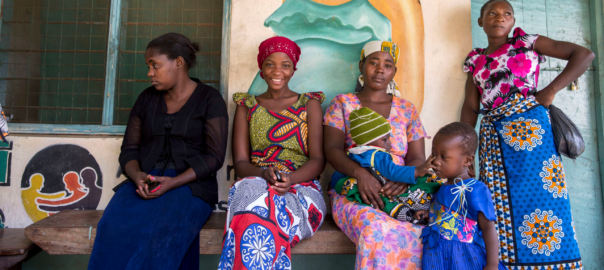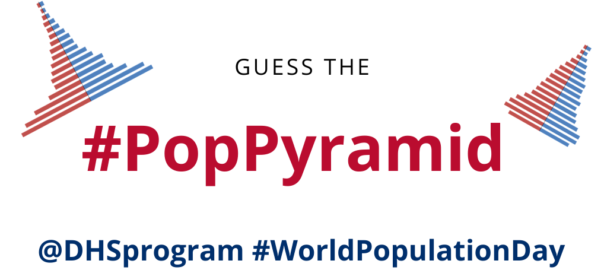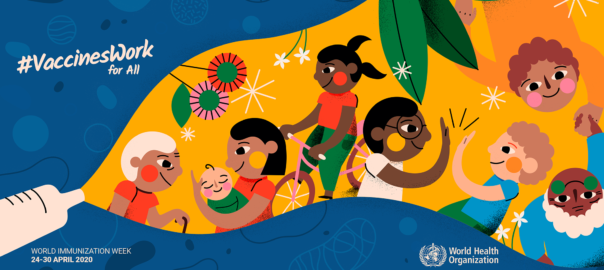Reflections from the 2023 DHS Fellows Program
Many people have used DHS Program data in their Ph.D. dissertations or as a tool to teach hands-on data analysis techniques to public health and statistics students. DHS Fellows get to work directly with DHS Program researchers to strengthen their analytical skills, conduct original research using DHS Program data, write working papers on a topic […]



